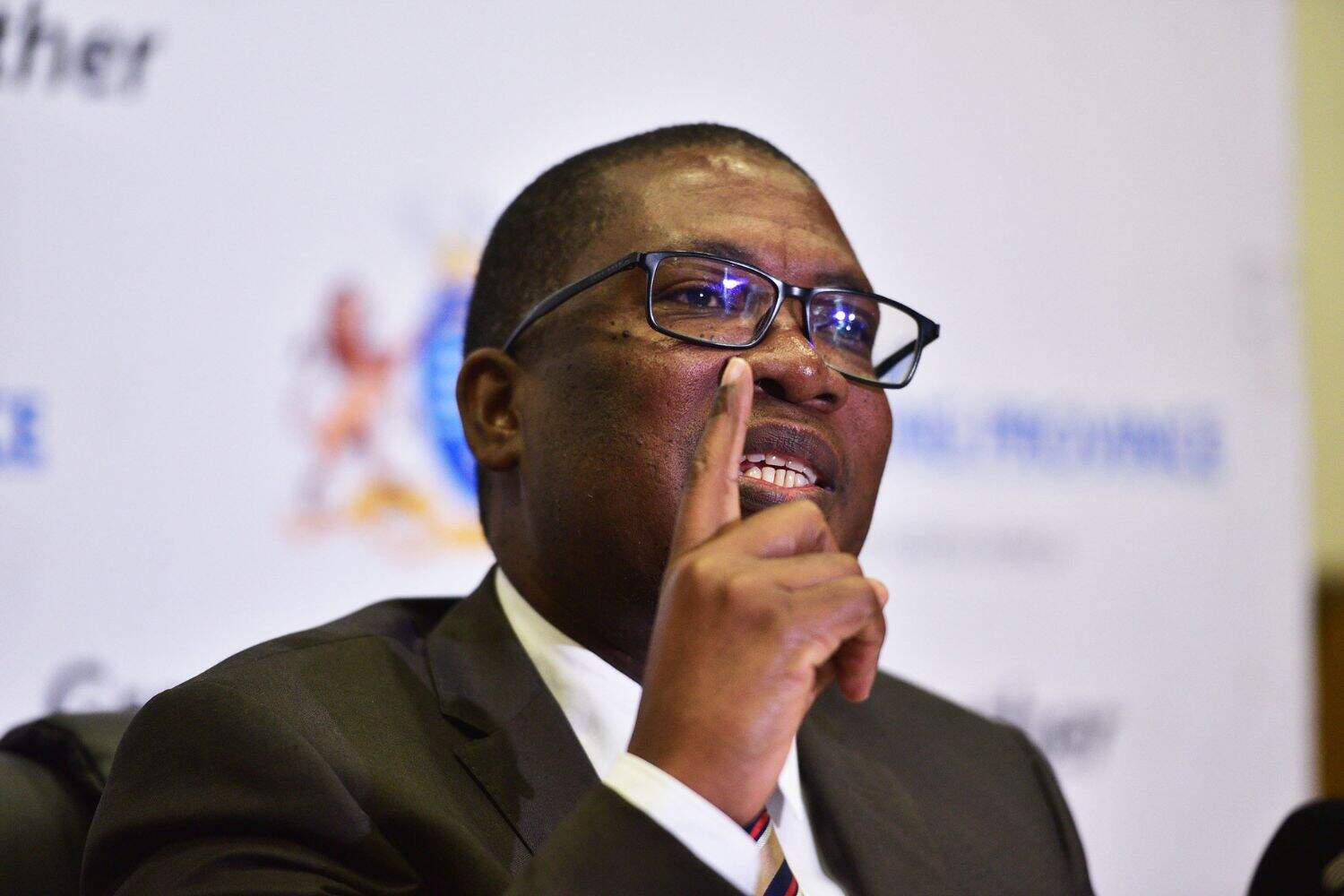Lesufi described the water crisis as reaching a critical point requiring immediate intervention.

Gauteng Premier Panyaza Lesufi will convene an emergency meeting on Wednesday night to address the escalating wave of water and service delivery protests sweeping across Johannesburg.
The premier acknowledged demonstrations in several areas including Westbury, Ebony Park and Tsakane as communities grapple with ongoing water shortages and service delivery failures.
Urgent response to water crisis
Speaking to the media at a high-level provincial government seminar in Sandton on Wednesday, Lesufi said he had already held emergency discussions with Johannesburg’s mayor about the deteriorating situation.
“Yesterday we had an emergency meeting with the Minister of Water last night, attended by all the executive mayors, the MEC for finance and the MEC for cooperative governance and traditional affairs,” Lesufi said.
However, he said more decisive action was needed.
“I feel that we need an emergency meeting by tonight with Rand Water and all the executive mayors,” he sad.
Lesufi described the water crisis as reaching a critical point requiring immediate intervention.
“This issue of water, it’s really starting to be a difficult matter that needs our immediate and collective attention. As I said, there’s no single municipality that can claim it can resolve it. We need to bring all of our resources together and attend to it.”
ALSO READ: City of Johannesburg unaware of R89 million civil lawsuit over billing practices
G20 preparations amid infrastructure challenges
The emergency meeting comes as Gauteng prepares to host the G20 summit in November, with the province racing to complete infrastructure improvements across major roads and public facilities.
Lesufi expressed confidence about the province’s readiness for the international gathering, despite its ongoing challenges.
The premier said that preparation meetings with mayors would now be held every Tuesday as part of a coordinated approach to ensure a successful G20 hosting.
“The preparation for G20 must be the new model to improve our facilities and beautify Gauteng,” he said.
Infrastructure progress report
The premier provided a progress update on infrastructure improvements, indicating that significant work had been completed on major roads ahead of the summit.
“So far we are almost at 80% with our potholes on major roads,” Lesufi said, adding that “we still have 20% to finish some of these important tasks”.
He acknowledged visible improvements across parts of Johannesburg.
The premier gave infrastructure systems mixed ratings, saying: “In terms of infrastructure readiness, I think we are fine. Electricity, I give it 100%. Sewer, I give it 80%.”
ALSO READ: Gauteng not a ‘shanty province’ says Lesufi as he outlines plan for hijacked buildings
Beyond G20: long-term vision
Lesufi outlined plans to extend infrastructure improvements beyond areas designated for G20 events, targeting townships and informal settlements that have historically been neglected.
“Obviously, the first phase is to concentrate on the roads and infrastructure towards G20. We also want to move beyond G20 and start to concentrate on townships, informal settlements and hostels so that the entire province is beautified,” he said.
ALSO READ: Cleaning up Joburg is up to us
Safety concerns for visitors
While expressing optimism about infrastructure readiness, the premier acknowledged ongoing concerns about crime and safety that could affect the province’s reputation during international visits.
“Because we want people that visit our city, like the ones that are here today, they must come back with their families next time,” Lesufi said.
He stressed the need for improved crime-fighting efforts.
“We don’t want them to come here and be confronted by crime, criminals and many other things. So we still need to do much better and a lot of work on crime fighting so that we don’t have people who are mugged, their cell phones taken, their bags smashed.”
The seminar where Lesufi spoke focused on the role of sub-national governments in global governance, addressing urban challenges including traffic congestion, housing, flooding, climate action and digital transformation.
READ NEXT: Attacks on crime prevention wardens ‘utter disregard for rule of law’, Lesufi says






